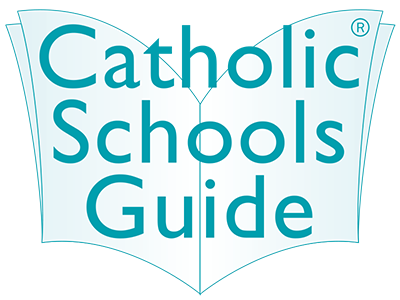News and Media

Language: The Key to Social Justice by Stephen Campitelli
Issues of social justice often grab the media headlines, but also operate on the most mundane and innocuous levels of society. I was reminded of this recently when a pamphlet delivered to our house contained messages concerning the provision of services for speakers of a number of languages other than English; “If you are a Vietnamese speaker, dial ##”, for example. The message was in English. It reminded me of the old teachers’ roll-call line, “Put your hand up if you’re not here.” How, I wondered, not for the first time either, might a non-English speaker, without recourse to an English-speaking friend or family member, know to dial the number if, like the absent students, they weren’t ‘there’ in a language sense? It raises the issue in such a multi-faceted society, of how people gain access to what it is they need, or even know it is there in the first place, in order to benefit from what society has to offer; the very essence of social justice. How do we provide social justice on all levels? An answer lies in education.
But what first is ‘social justice’? In practice, it seeks to provide redress to disenfranchised groups by highlighting disadvantage and the existence of embedded social and economic hurdles. Perhaps the single most fundamental way in which people are marginalised is through language. How is this the case?
If we accept that Australia is a multi-layered, multi-cultural and multi-lingual community, but one that has the English language as one of its social unifying points, then access to its politics, economics, society and education must ultimately also be gained through language. By the same token, expression of social justice inequalities must be made through the medium of language.
In order to consider the power of language, we need to recognise that in whatever form it takes; whether talking, emailing, texting, chatting, or writing a good old fashioned letter, language remains the essence of communication. And, in the Internet-generated Information Age, that language is largely English. It is Australia’s second highest earning export. It is the most widely spoken and written language in the world. It is the language of the Internet, of international politics, academia, sport, aviation, advertising and economics; it is the language of the media (five of the largest broadcasting companies in the world transmit in English), and it is the language of the Christian Church. The message is clear; for many citizens, not only of Australia, but also of the world, in order to access much of the information available, to debate, to argue, to study, to fly, to play, to work and even to pray; it is necessary, more so than ever, to be language proficient. And, again, that language more often than not is English.
Language and education are mutually inclusive: language is developed through education which, in turn, is accessed via language. It is central to the process of learning; it is the vehicle by which language itself is taught and through which content of subjects are taught. It is the medium through which we learn about social justice; and thereby becomes an important empowering tool with which to question and investigate; to be critically literate; to challenge and protest; to argue and debate; to ask why and why not? This is the language of social justice.
Framed within this perspective, language becomes a vitally important vehicle for helping people to decode their environment, to uncover and understand oppression, inequity and inequality, and to challenge it themselves, rather than having their ‘social betters’ to do it on their behalf. It is not to say that social justice is the sole preserve of the marginalised; all must have access to it for it to have meaning, but it is also a truism that it is those who lack educational opportunities are those that most need them. Author Angela Carter said, “Language is power, life and the instrument of culture, the instrument of domination and liberation.” Language has the power to oppress and to set free; it is perhaps then the most powerful weapon in the arsenal of those seeking social justice.
Education increases life options; provides a wider choice of occupations and lifepaths; and greater access to social justice. For those members of underrepresented groups in society; people of low socio-economic status, non-English speakers, people in remote communities – the challenge for us as educators is to not just provide inclusive education opportunities, but to keep those members of society in education in order to allow them to empower themselves with language. That is social justice.

Stephen Campitelli has been involved in education since 1988 and in ESL / EFL education exclusively since 1990. He was educated in the Catholic school system from Primary through to Tertiary level (receiving his B Ed from Christ College, now ACU) and worked in the Catholic primary school system as a class teacher. He has worked and taught in English language education in Australia, Vietnam, China and Saudi Arabia; and lived and taught in Japan for six years. He has a deep interest in and affinity with Japanese culture.
Stephen has worked extensively with international students in Melbourne for the past 15 years, both at RMIT University and the University of Melbourne. He holds a Bachelor of Education (Primary) and a Masters of Applied Linguistics, and is passionate about language development and English language education and support for international students, particularly in the tertiary area.
He has worked in classroom education, teacher training, curriculum development and publications production and editing. Stephen has extensive experience in ESL / EFL materials and assessment development, having been involved extensively with publications at RMIT for more than 10 years.
Stephen is committed to language education, and academic access and equity in the tertiary area.

